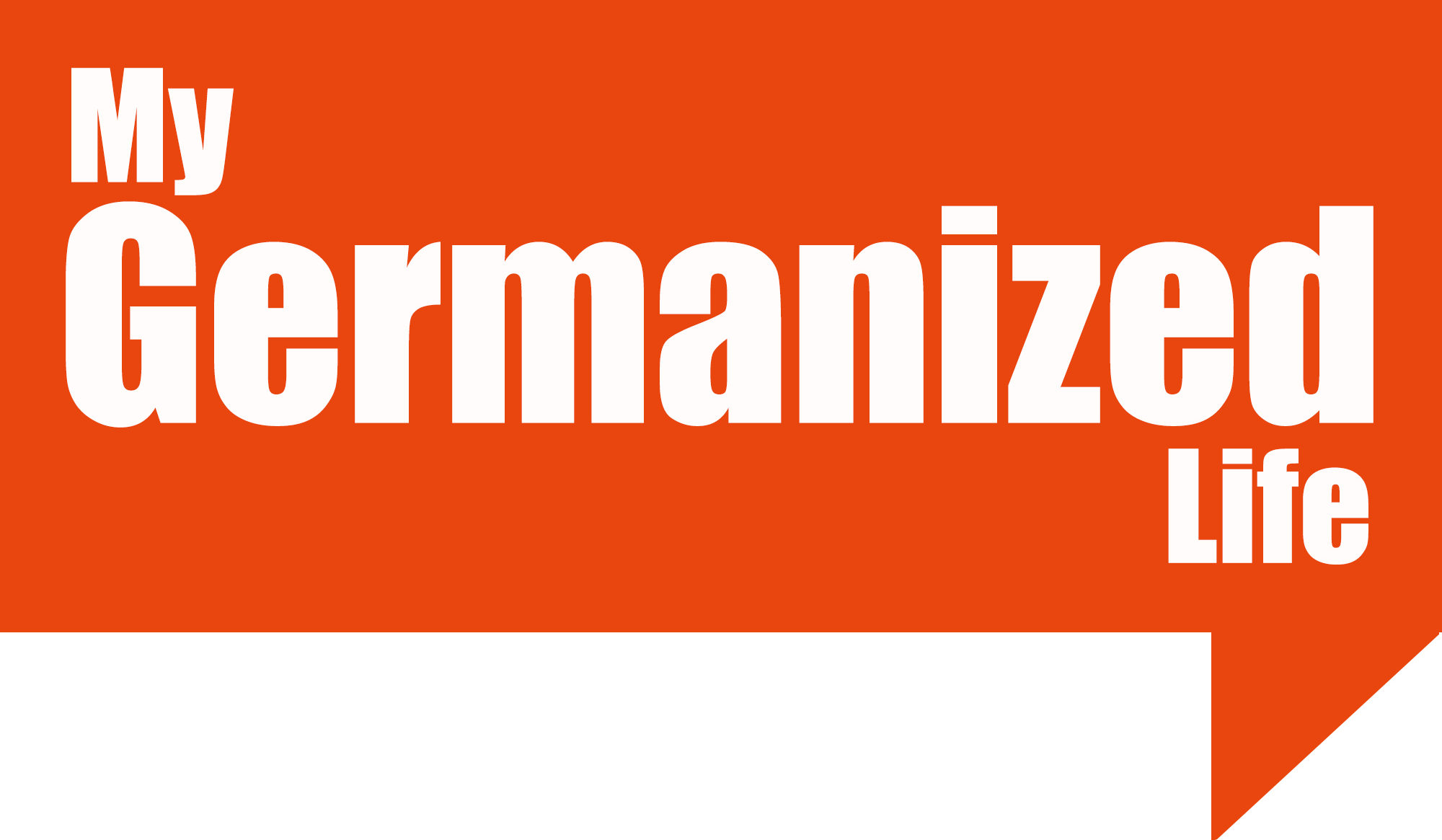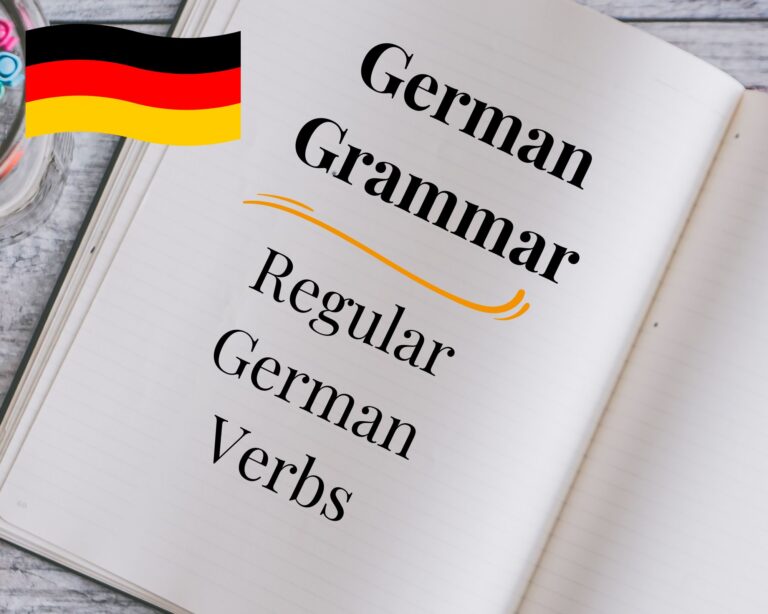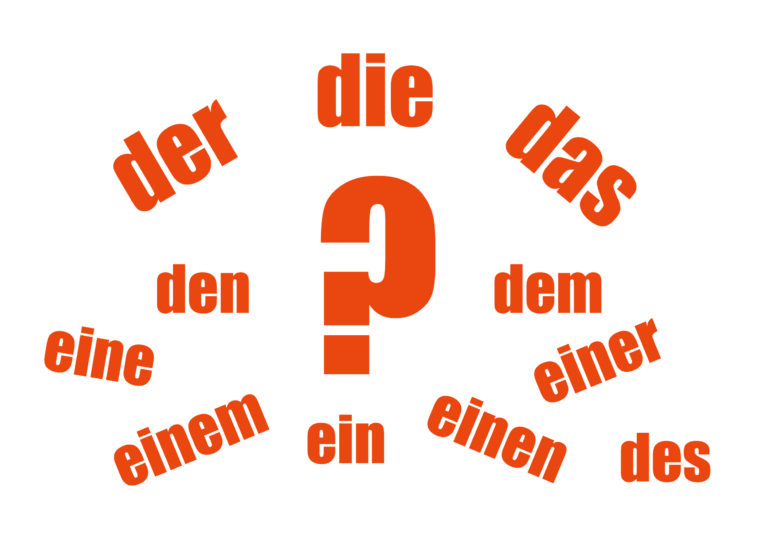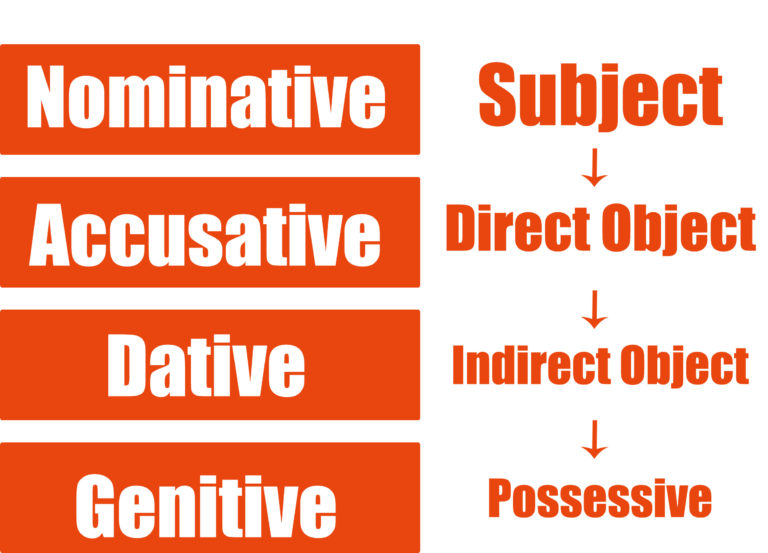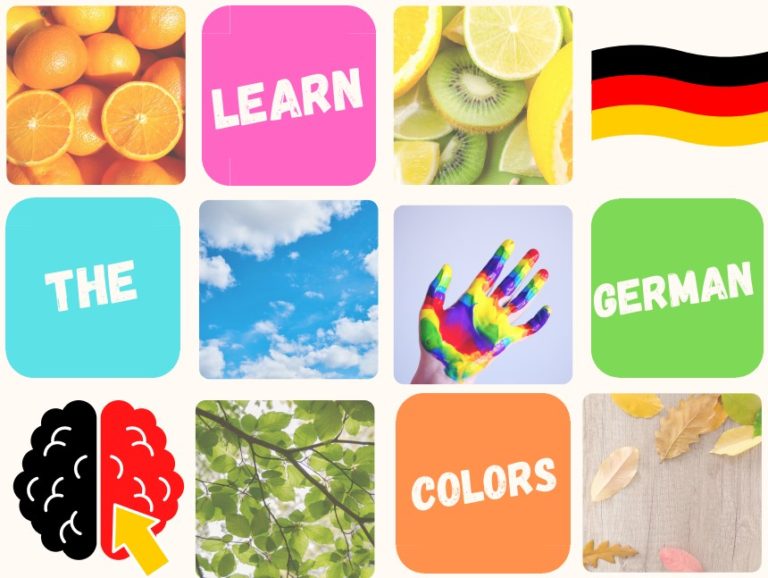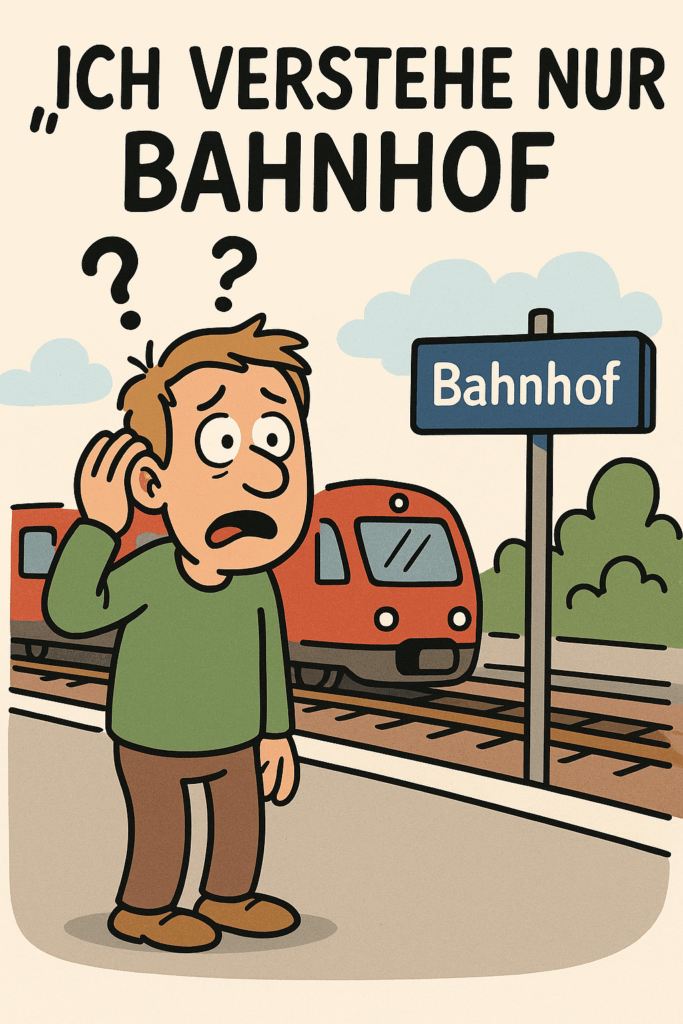
German is full of colorful expressions — and if you translate them literally, they sound totally bonkers! Like… ‘He only understands train station?’ German idioms are figurative phrases that Germans use in daily speech.
Today, we’re breaking down 15 German idioms you’ll actually hear, what they literally mean, and what they’re really saying.
What Is an Idiom?
An idiom is a German phrase that doesn’t mean what the words literally say.
In English, you might say, ‘It’s raining cats and dogs.’
No animals falling from the sky — just heavy rain.
German has tons of idioms like this. Let’s explore some of the most fun and confusing ones!
1. Ich verstehe nur Bahnhof
- Literal: I only understand train station
- Real meaning: I don’t understand anything
- Use it: “They started talking about cryptocurrency, and ich verstehe nur Bahnhof.”
Imagine sitting in a conversation about Bitcoin, derivatives, or Bundesliga stats, and everyone’s nodding along… except you. You’re just sitting there like:
“Uhh… ich verstehe nur Bahnhof.”
This idiom is perfect when you’re lost in a topic — not literally at a train station, but your brain might as well be waiting for one.
2. Da steppt der Bär
- Literal: The bear dances there
- Meaning: That place is really lively/fun
Your friend invites you to a party. You ask, “Is it worth going?” They say:
“Klar! Da steppt der Bär!”
You’re expecting a calm evening… then walk into a wild dance floor, neon lights, techno music, and yes — maybe even someone in a bear costume.
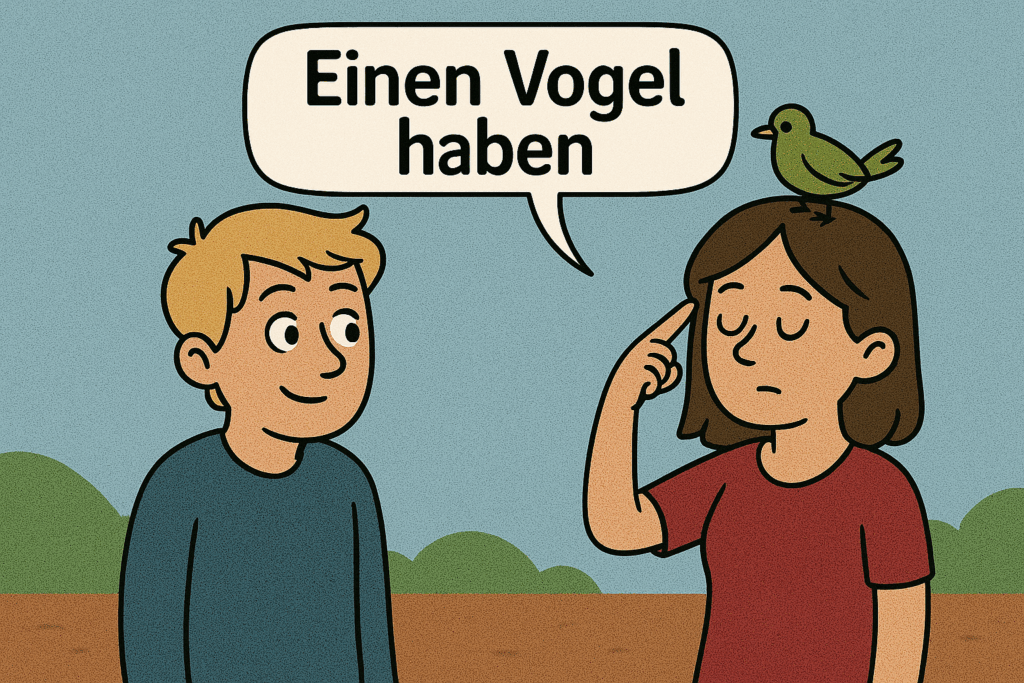
3. Einen Vogel haben
- Literal: To have a bird
- Meaning: To be crazy
Your roommate decides to knit sweaters for their houseplants. You don’t even blink. You just say:
“Du hast doch einen Vogel.”
Cultural Add-On:
You can also tap your finger to your temple when you say it — it’s a common gesture that makes this idiom even more expressive.
4. Die Katze im Sack kaufen
- Literal: To buy the cat in the sack
- Meaning: To buy something without checking it first
You order a vintage jacket online, and when it arrives… it smells like soup and looks nothing like the photos. You sigh and say:
“Na toll. Ich habe die Katze im Sack gekauft.”

5. Schwein haben
- Literal: To have a pig
- Meaning: To be lucky
You forget to study for your exam. The questions turn out to be exactly what you remember from class. You survive. Your friend says:
“Alter, du hast echt Schwein gehabt.”
Cultural Note:
Pigs have long symbolized good luck in Germany. You’ll even see marzipan pigs around New Year’s!
6. Jemandem auf den Keks gehen
- Literal: To get on someone’s cookie
- Meaning: To annoy someone
“He’s been singing the same TikTok sound all morning. Geht mir total auf den Keks.”
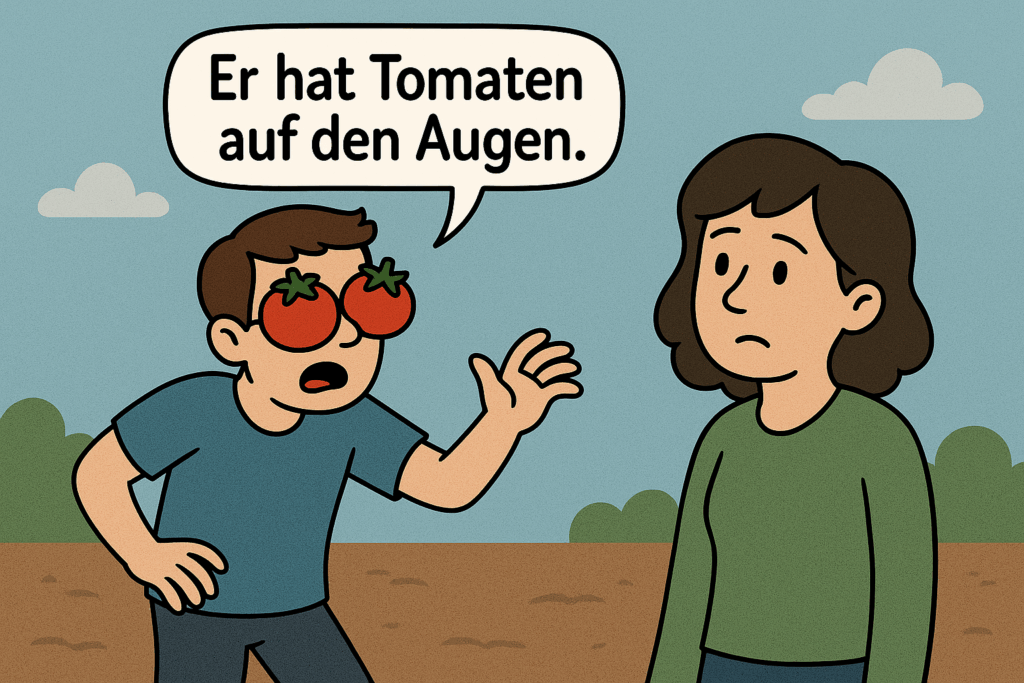
7. Tomaten auf den Augen haben
- Literal: To have tomatoes on your eyes
- Meaning: To be oblivious
“The car keys are on the counter. But sure, go search the whole house again. Tomaten auf den Augen, much?”
Use when: Someone’s looking but clearly not seeing.
8. Das ist nicht mein Bier
- Literal: That’s not my beer
- Meaning: That’s not my problem
“She wants to date three guys at once? Nicht mein Bier.”
Translation: I’m out. Good luck with that mess.

9. Alles in Butter
- Literal: Everything in butter
- Meaning: Everything’s fine
“Hey, did the landlord freak about the broken light?” — “Nah, alles in Butter.”
10. Kalte Füße bekommen
- Literal: To get cold feet
- Meaning: To get nervous
“Er hat kalte Füße bekommen und abgesagt.” (He got cold feet and canceled.)
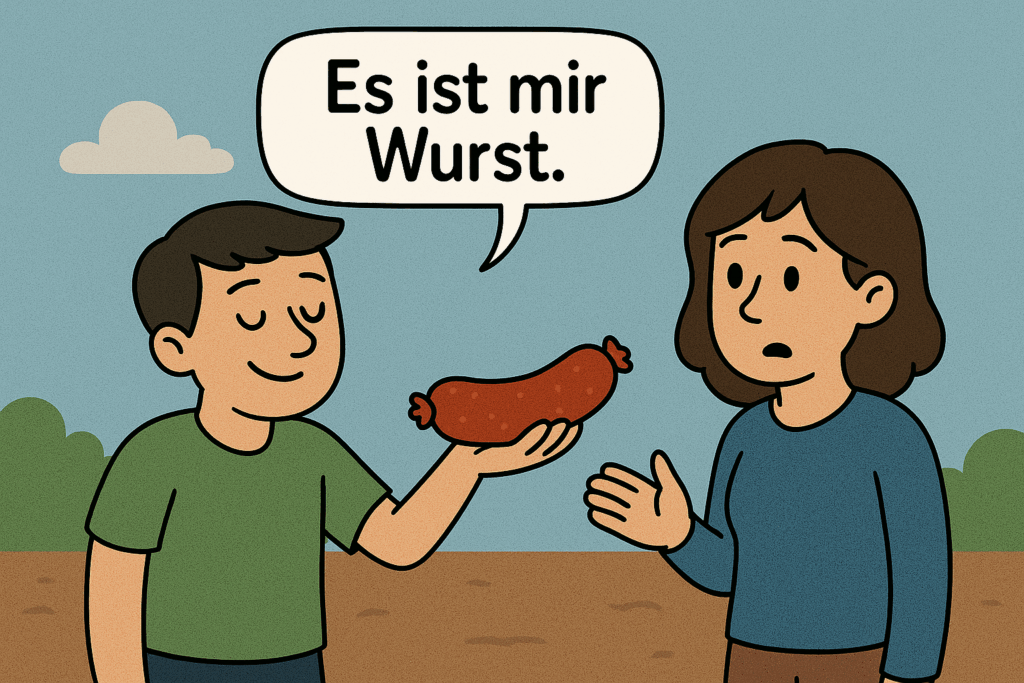
11. Es ist mir Wurst
- Literal: It’s sausage to me
- Meaning: I don’t care
- Use it: “Pizza or pasta? Mir ist es Wurst.”
Nuance: You’re indifferent, not rude. And yes, Wurst is everywhere.
12. Ins Gras beißen
- Literal: To bite the grass
- Meaning: To die
- Use it: “In that video game, habe ich ins Gras gebißen.”
It’s like “kick the bucket,” but more outdoorsy.

13. Einen Frosch im Hals haben
- Literal: To have a frog in your throat
- Meaning: To be hoarse
“Sorry, ich habe einen Frosch im Hals.”
14. Das Leben ist kein Ponyhof
- Literal: Life is no pony farm
- Meaning: Life isn’t always easy
- Use it: “You have to study — life is kein Ponyhof!”
15. Durch die Blume sagen
- Literal: To say something through the flower
- Meaning: To say something gently or indirectly
- Use it: “She criticized him, but durch die Blume.
Final Thoughts on German Idioms
These German idioms will help you sound fluent and avoid misunderstandings when talking to your German friends. Got a favorite German idiom? Post it below in the comments!
